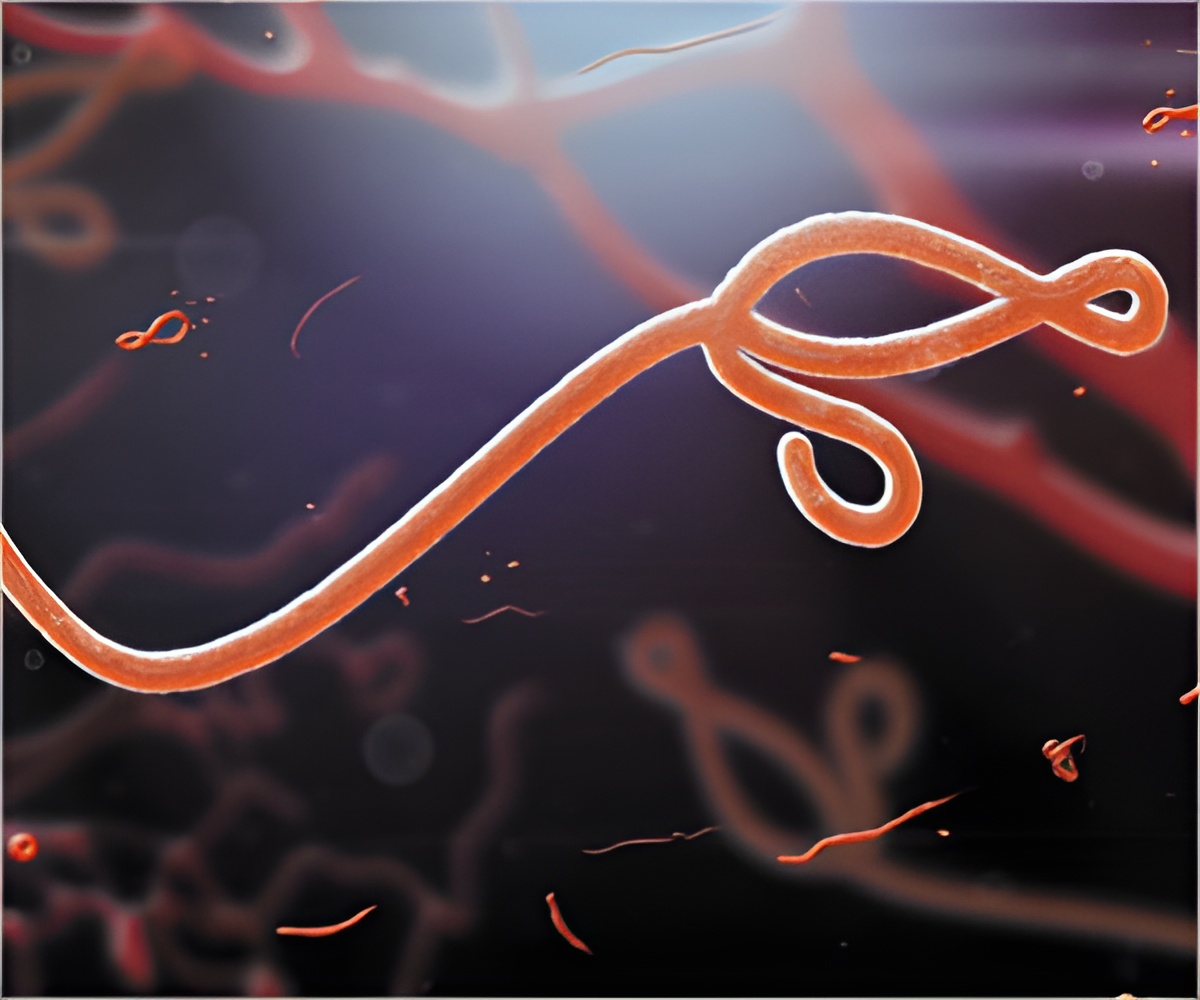Analysis of an Ebola trial being implemented at Guinea shows that the vaccine, VSV-EBOV, developed by the Public Health Agency of Canada, is highly effective.

The Data and Safety Monitoring Board (DSMB), an independent group of experts who monitor treatment efficacy data during a clinical trial, had conducted the analysis and advised that the trial should continue.
The analyses and views from the DSMB were published in the journal The Lancet.
Dr. Margaret Chan, Director-General of the World Health Organization, said that the world is on the verge of getting a effective Ebola vaccine and the development is exceptionally promising.
“The credit goes to the Guinean Government, the people living in the communities and our partners in this project. An effective vaccine will be another very important tool for both current and future Ebola outbreaks,” Dr. Chan said.
Dr. Chan also - notably - said that the vaccine upto now shows 100% efficacy in trials, but more proof is required to ensure its capacity to protect populations through herd immunity.
“Even if the sample size is quite small and more research and analysis is needed, the enormity of the public health emergency should lead us to continue using this vaccine right now to protect those who might get exposed to the disease, contacts of infected patients and frontline workers,” Draguez said.
“Now that we know that the vaccine works, people who need it most should imperatively get it as soon as possible to break the existing chains of transmission. Replication of a targeted approach focusing on those most at risk of infection should therefore happen immediately and we urge governments in affected countries to start using this vaccine as soon as they can within the framework of the existing trial,” Draguez added.
The Ebola Vaccine Trial
The ‘ring’ vaccination method adopted for the vaccine trial was designed an expert group from the WHO, in association with developed countries including Canada, France, Guinea, the United Kingdom, the United States of America, Norway, and Switzerland.Professor Donald A. Henderson of John Hopkins University, who led the WHO’s exclusive smallpox eradication program by using the ring vaccination strategy is one of the noted figures in the expert group.
John-Arne Rottingen, Director of the Division of Infectious Disease Control at the Norwegian Institute of Public Health and Chair of the Study Steering Group, said that the Guinean Ebola trial is also based on the smallpox eradication strategy.
“The concept of the ring vaccination method is simple. We can create a protective shield, which is the so called ring, to stop the virus from spreading further by vaccinating all people in contact with an Ebola-infected person. This method has helped us to follow the dispersed epidemic in Guinea in disease control strategy. The ring vaccination method will help to carry on the trial as a public health intervention,” Rottingen said.
According to international sources, the Guinea vaccination trial began on 23 March 2015. The trial aims to examine the efficacy and safety of a single dose of the VSV-EBOV with the ring vaccination strategy. About 4000 people working close with around 100 Ebola patients have voluntarily participated in the trial.
In order to ensure people at high risk receiving the vaccine immediately, the trial stopped randomization on 26 July. The step was also intended to minimize the time necessary to gather more conclusive evidence necessary for eventual licensure of the vaccine. About 50% of the rings were separately vaccinated three weeks after the identification of an infected patient. This measure is expected to provide a term of comparison with rings that were vaccinated three weeks after the identification and vaccinated immediately. Taking into account of the current analysis, the authorities have decided to include 13 to 17-year-old and possibly 6 to 12-year-old children in the trial.
MSF authorities said that a separate trial of the same vaccine on frontline workers is also being implemented.
“These frontline workers have worked tirelessly to take care of sick people. They risked their lives to take care of sick people every day. As the vaccine is responding well and effective, then we are already saving them from possible infection. We think, it is the right time for all affected countries to start ring vaccination programs to break the chains of transmission. Countries should also conduct vaccination for frontline workers.” an MSF authority said.
Dr. Sakoba Keita, Guinea’s national coordinator for the Ebola response, said that they have worked really hard to develop a effective vaccine for Ebola and the VSV-EBOV vaccine is Guinea’s gift to West Africa and the world.
“The thousands of volunteers including Guinean doctors, data managers and community mobilizers have contributed to pull up this initial success of the ground breaking trial,” Dr. Keita said.
Jeremy Farrar, Director of the Wellcome Trust, who provide financial assistance to the trial said that this is a remarkable achievement which shows the power of international partnerships.
“This success on the win over Ebola shows that such an effective and critical work is not impossible in the midst of a terrible disease outbreak or epidemic. This is how the world should respond to such emerging disease threats. Wellcome Trust and all our partners, is fully committed to giving the world an effective vaccine,” Farrar said.
Marie-Paule Kieny, Assistant Director-General, who leads the Ebola Research at the WHO said that this record-breaking work marks a turning point and the end of the Ebola will be soon.
“The urgency of saving lives can accelerate research and development. We will use this experience harnessed from this Ebola program to develop a global research and development preparedness framework. The framework will help the world to act quickly and efficiently to develop and use medical tools and prevent a large-scale tragedy if a major disease outbreak occurs in the future.” Kieny said.
Source-Medindia













